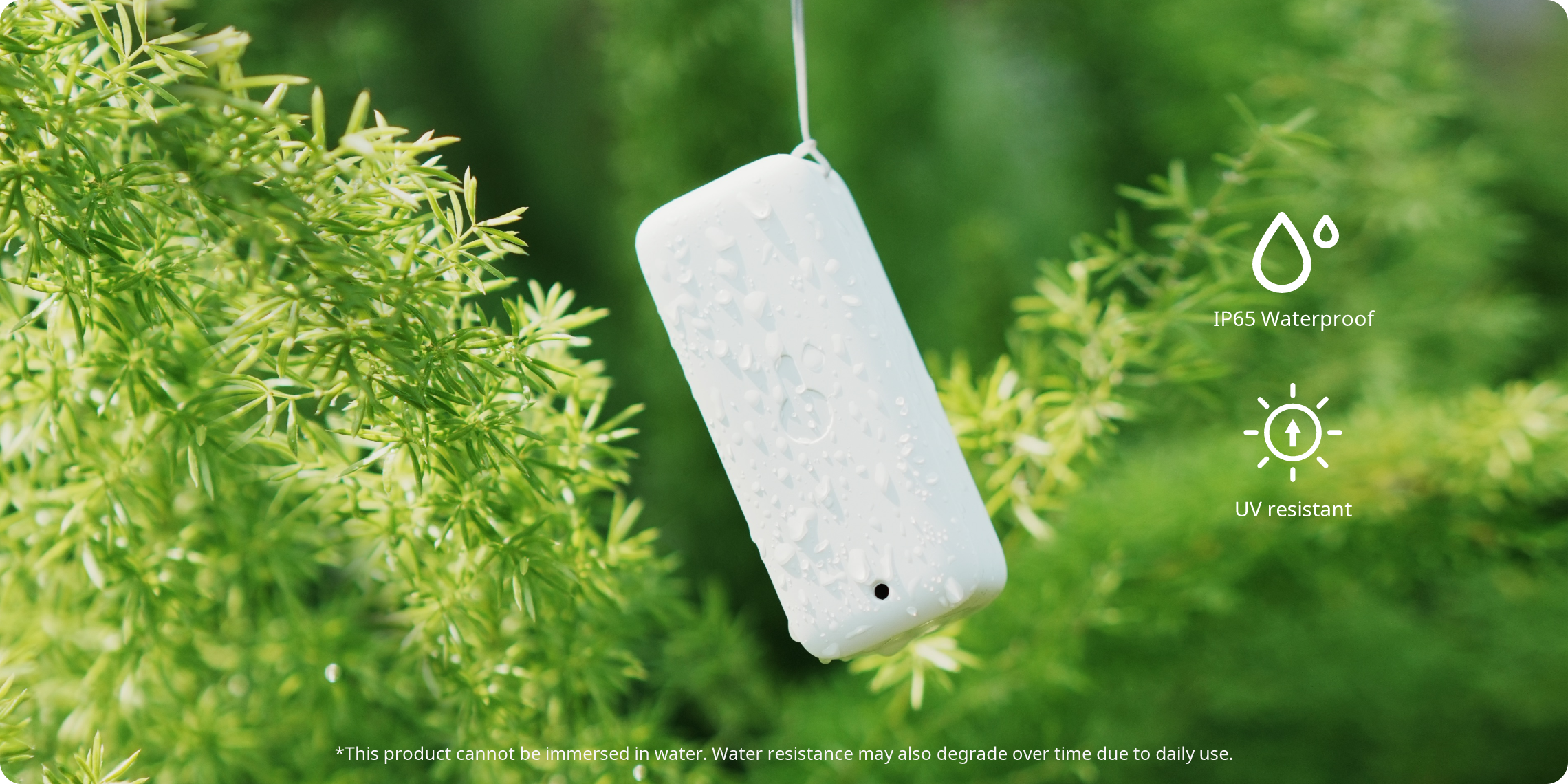Understanding the Different Types of Hygrometers Used in the HVAC Industry
الجسم
When it comes to maintaining optimal indoor air quality, the HVAC industry relies heavily on hygrometers. These devices are essential for measuring the humidity levels in various environments, allowing HVAC professionals to make informed decisions about the best course of action for controlling moisture and ensuring comfort. In this article, we will explore the different types of hygrometers used in the HVAC industry and their unique characteristics.

Psychrometric Hygrometers
Psychrometric hygrometers are widely used in the HVAC industry for their accuracy and reliability in measuring humidity. These hygrometers work based on the principles of psychrometry, which involves the study of the physical and thermodynamic properties of gas-vapor mixtures. By utilizing a combination of temperature and humidity measurements, psychrometric hygrometers provide precise readings, making them a popular choice for HVAC professionals.
Electrical Hygrometers
Electrical hygrometers, also known as capacitive hygrometers, operate by measuring the changes in electrical capacitance caused by the absorption of water vapor. These hygrometers are known for their quick response time and high sensitivity to humidity levels. Electrical hygrometers are often used in HVAC systems where rapid adjustments to humidity levels are required, such as in commercial buildings and industrial facilities.
Gravimetric Hygrometers
Gravimetric hygrometers are based on the principle of measuring the weight change of a substance as it absorbs or desorbs water vapor from the air. These hygrometers are valued for their accuracy and precision in humidity measurements, making them suitable for laboratory and research applications within the HVAC industry. While gravimetric hygrometers may not be as commonly used in everyday HVAC maintenance, they play a crucial role in calibration and validation processes.
Resistive Hygrometers
Resistive hygrometers, also referred to as thermal hygrometers, rely on the changes in electrical resistance of a moisture-sensitive material to determine humidity levels. These hygrometers are known for their durability and low cost, making them a practical choice for HVAC applications that require monitoring humidity in a wide range of environments. Resistive hygrometers are often integrated into HVAC control systems to provide continuous monitoring and regulation of humidity levels.
Understanding the different types of hygrometers used in the HVAC industry is essential for HVAC professionals to make informed decisions about the selection and application of these devices. Whether it's the precision of psychrometric hygrometers, the rapid response of electrical hygrometers, the accuracy of gravimetric hygrometers, or the practicality of resistive hygrometers, each type offers unique advantages for maintaining optimal indoor air quality.









تعليقات